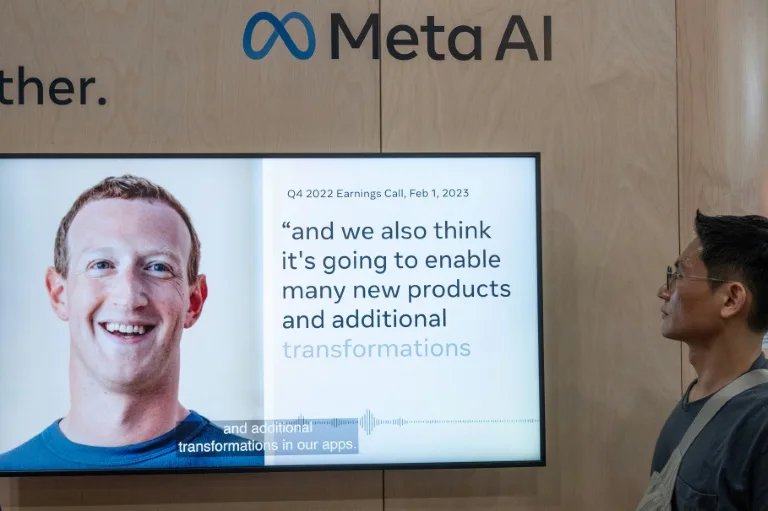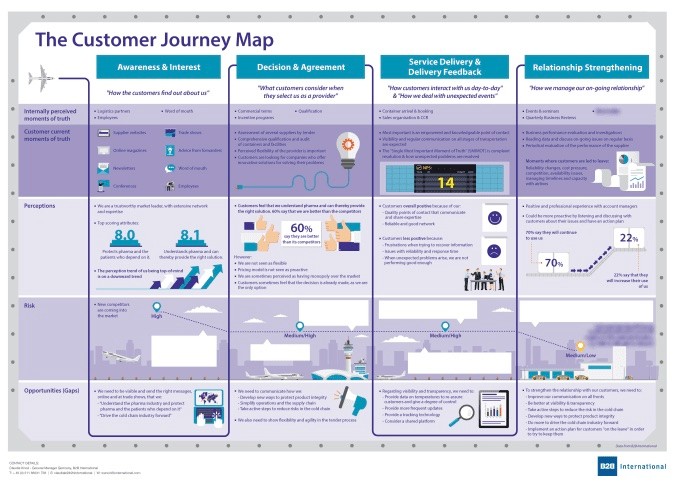How Trump's Presidency Will Impact Mark Zuckerberg And Meta

Table of Contents
Regulatory Scrutiny and Antitrust Actions
The Trump administration, despite its generally deregulation-focused approach, ironically intensified regulatory scrutiny on Meta. While the administration championed deregulation in many sectors, its hardline stance against perceived abuses by Big Tech led to increased investigations and lawsuits targeting Meta's market dominance and business practices. This paradoxical effect stemmed from the appointment of officials who, while opposed to broad regulatory frameworks, were keen to crack down on specific instances of perceived anti-competitive behavior.
- Increased FTC activity under Trump's appointees: The Federal Trade Commission (FTC), under Trump-appointed leadership, launched several investigations into Meta's practices, focusing on issues like data privacy and anti-competitive acquisitions.
- State-level antitrust lawsuits targeting Facebook's market power: Numerous state attorneys general filed antitrust lawsuits against Facebook, alleging monopolistic practices and harming competition. These lawsuits, while not directly initiated by the federal government, reflect the broader climate of regulatory concern surrounding Meta's power.
- Potential impact on data privacy regulations and enforcement: While the Trump administration didn't introduce major new data privacy legislation, the increased scrutiny intensified the pressure on Meta to enhance its data privacy measures and comply with existing regulations.
The heightened regulatory environment forced Meta to dedicate significant resources to legal battles and compliance efforts, diverting attention and resources from other strategic initiatives. The Trump administration's approach to antitrust enforcement, therefore, inadvertently fostered a more challenging regulatory landscape for Meta than might have been expected under a more consistently deregulation-focused presidency.
Political Advertising and Campaign Influence
Meta's platforms became central battlegrounds during the Trump presidency, hosting a massive volume of political advertising and facilitating communication for political campaigns. This prominent role brought intense scrutiny, particularly concerning the spread of disinformation and foreign interference in elections.
- The Cambridge Analytica scandal and its impact on public trust: The Cambridge Analytica scandal, which exposed the misuse of Facebook user data for political purposes, severely damaged public trust in Meta's ability to safeguard user information and prevent its misuse in political campaigns.
- Challenges in regulating political advertising and combating misinformation: Meta faced enormous challenges in regulating political advertising and combating the spread of misinformation and foreign interference on its platforms. The sheer volume of content and the sophisticated nature of disinformation campaigns made effective regulation a complex and ongoing struggle.
- Meta's evolving policies regarding political speech and content moderation: In response to the pressures, Meta introduced several changes to its policies on political advertising and content moderation. However, these efforts continuously faced criticism for being insufficient or inconsistently applied.
The Trump era highlighted the inherent tension between protecting free speech and preventing the manipulation of social media platforms for malicious political purposes. The lasting impact on Meta's approach to political content is a continued focus on transparency, improved content moderation, and enhanced efforts to identify and counter foreign interference.
The Impact on User Engagement and Content Moderation
Trump's presidency significantly impacted user engagement and content moderation on Meta's platforms. His divisive rhetoric and actions fueled increased polarization, the spread of misinformation, and the formation of echo chambers.
- Increased polarization and echo chambers on Facebook: The intensely polarized political climate during the Trump era contributed to the formation of echo chambers on Facebook, where users primarily interacted with information confirming their pre-existing beliefs, exacerbating societal divisions.
- The spread of misinformation and conspiracy theories: Trump's presidency saw a surge in the spread of misinformation and conspiracy theories on Meta's platforms, often amplified by bots and foreign actors. This posed significant challenges to Meta's efforts to maintain a healthy and informative online environment.
- Meta's efforts to combat harmful content and promote healthy online communities: Meta responded by investing in enhanced content moderation tools and algorithms, but these efforts were often criticized for being insufficient or inconsistent.
The Trump era's intense political climate left a lasting imprint on user experience and engagement. Meta continues to grapple with the consequences of this period, striving to foster more constructive dialogue and combat harmful content on its platforms.
Long-Term Strategic Implications for Meta
Trump's presidency forced Meta to confront significant long-term strategic challenges. The increased regulatory pressure, shifting public opinion, and evolving user behaviors necessitate significant adjustments to Meta's strategic direction.
- Investment in new technologies and diversification of revenue streams: Meta has invested heavily in new technologies, such as augmented and virtual reality, to diversify its revenue streams and reduce reliance on advertising revenue.
- Focus on user privacy and data security: The heightened scrutiny surrounding data privacy led Meta to prioritize user privacy and data security, implementing various measures to enhance its data protection practices.
- Strengthening relationships with regulators and policymakers: Meta is actively working to strengthen its relationships with regulators and policymakers to navigate the evolving regulatory landscape and demonstrate its commitment to responsible platform management.
The lessons learned during the Trump era will profoundly shape Meta's future decisions. The company continues to adapt to a changing political and regulatory environment, navigating the complex interplay between free speech, content moderation, and the need to protect user data and prevent platform manipulation.
Conclusion
Understanding the Trump's Presidency Impact on Meta is critical to grasping the evolution of social media and its regulation. The intense scrutiny, policy shifts, and user behavior changes during this period have fundamentally reshaped Meta's trajectory. The challenges of balancing free speech with the prevention of misinformation and harmful content remain central to Meta's future, a legacy directly influenced by the Trump presidency. To stay informed on the ongoing effects of this period and its continued impact on Meta, continue following relevant news and analysis on the Trump's Presidency Impact on Meta.

Featured Posts
-
 Significant Disney Layoffs News Division And 538 Closure Detailed
Apr 30, 2025
Significant Disney Layoffs News Division And 538 Closure Detailed
Apr 30, 2025 -
 New York Yankees Rodon Shines In 5 1 Win Against Cleveland Guardians
Apr 30, 2025
New York Yankees Rodon Shines In 5 1 Win Against Cleveland Guardians
Apr 30, 2025 -
 App De Ia Da Meta Desafia O Chat Gpt
Apr 30, 2025
App De Ia Da Meta Desafia O Chat Gpt
Apr 30, 2025 -
 Strategy Acquires 6 556 Bitcoin For 555 8 Million Full Details
Apr 30, 2025
Strategy Acquires 6 556 Bitcoin For 555 8 Million Full Details
Apr 30, 2025 -
 Schneider Electric Trade Shows As Effective Marketing Touchpoints
Apr 30, 2025
Schneider Electric Trade Shows As Effective Marketing Touchpoints
Apr 30, 2025
